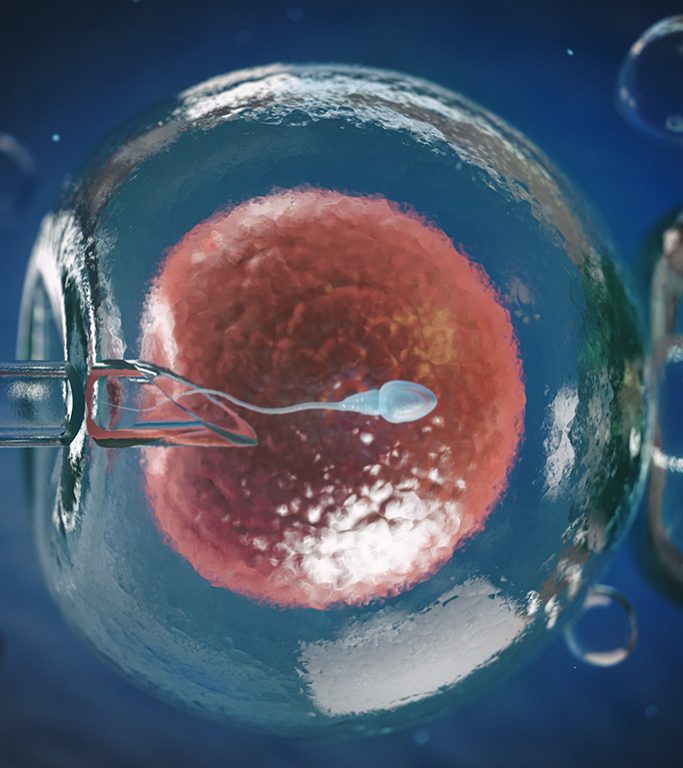

Intra Cytoplasmic Sperm Injection (ICSI) is a procedure used in conjunction with in-vitro fertilization (IVF) to treat male infertility. The procedure is used if the male partner has a low sperm count, poor sperm motility, or a high proportion of abnormally-shaped sperm.
ICSI involves injecting a single sperm into the mature eggs. The eggs are then incubated and monitored for fertilization. Once fertilization has occurred, the embryos are transferred to the uterus.
If you and your partner are considering ICSI, it is important to consult with a fertility specialist to discuss your specific situation and to learn more about the risks and benefits of the procedure. Book your free consultation call today to know more.
Fertility drugs are used to stimulate your ovaries to produce several mature eggs for fertilization during standard IVF treatment. Once your mature eggs are ready for collection, they will either be retrieved and used instantly or frozen and used later.
Male partners’ semen samples are collected, and the single best sperm is chosen for the procedure. Using very fine needles, sperm is carefully injected into the egg’s cytoplasm, and this entire process is completed under a powerful microscope.
The fertilized egg is then placed in the incubator, and slowly the egg continues to divide and form an embryo.
This embryo can be transferred into your uterus when it is 3 days old and has 8 cells; you can else get a Blastocyst transfer after 5 days.
The embryo will attach to your uterus wall and grow into your baby if everything goes well, and it will take about two weeks for you to be able to take a pregnancy test.
Is ICSI treatment right for you?
Treatment with ICSI is an excellent way to overcome the hassles of inadequate male infertility, such as:
For more information, schedule a free consultation today!